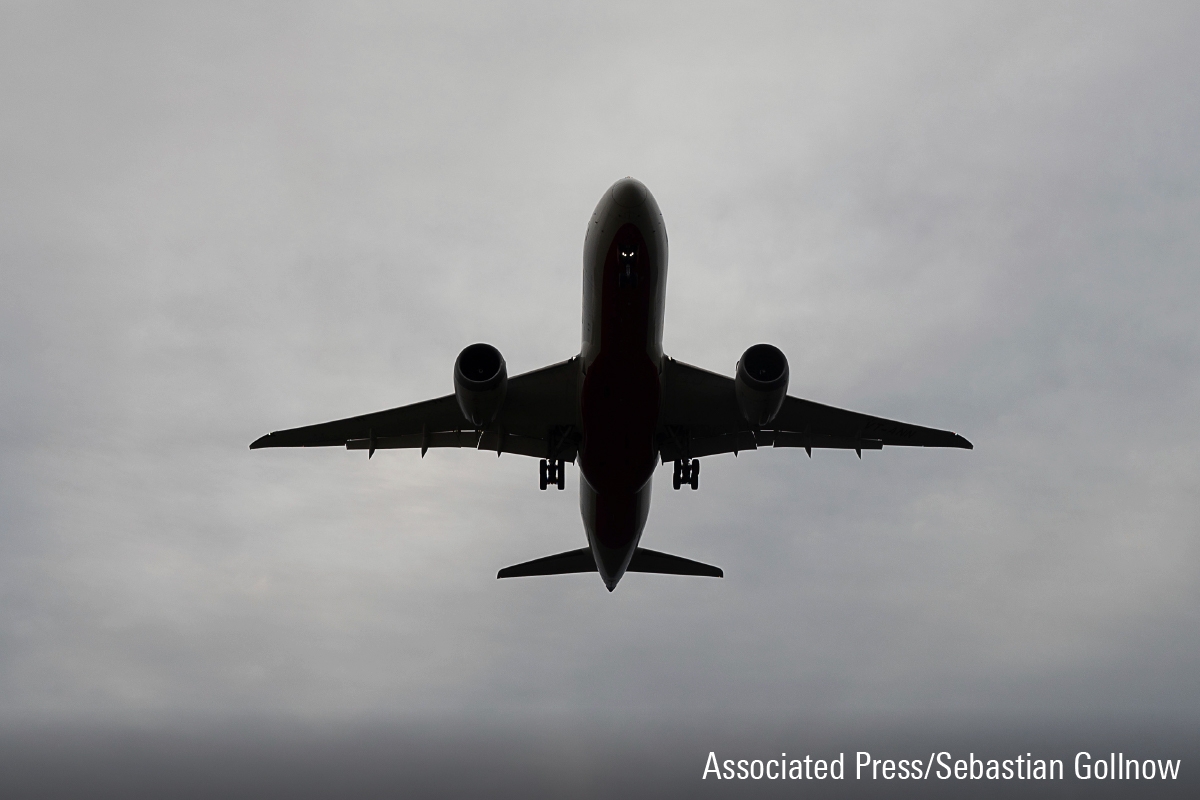Cutting Samsonite Earnings and Fair Value Amid Tariff Pressures and Declining Travel Demand
Many of Samsonite’s sourcing regions, including Vietnam, Thailand, and Indonesia, are now subject to the United States’ latest reciprocal tariff policy.

Editor’s Note: This analysis was originally published as a stock note by Morningstar Equity Research.
Key Morningstar Metrics for Samsonite
- Fair Value Estimate: HKD 23.8
- Morningstar Rating: ★★★★
- Morningstar Economic Moat Rating: Narrow
- Morningstar Uncertainty Rating: High
Many of Samsonite’s sourcing regions, including Vietnam, Thailand, and Indonesia, are now subject to the United States’ latest reciprocal tariff policy. Following the announcement of these tariffs, Samsonite’s shares dropped 8% during the April 3 trading session.
Why it matters: Given the razor-thin margins generated by luggage manufacturers, the majority of tariffs will either be absorbed by brands or passed on to US consumers. This challenge is further compounded by declining Transportation Security Administration checkpoint numbers, which reflect a decrease in overall travel demand.
- Assuming the blended tariff increases by around 35% and the average supplier generates a 7% operating margin, they can absorb, at best, 20 cents per dollar of the added tariff cost. The remaining cost would either need to be absorbed by Samsonite or passed on to consumers.
- The recent slowdown in TSA checkpoint travel numbers since late March, showing a decline of approximately negative 2% compared with the same period last year, is also concerning. This trend aligns with the cautious guidance provided by several US airlines.
The bottom line: We reduce narrow-moat Samsonite’s net profit estimates by an average of 14% for 2025 and 2026. This reflects a scenario where average tariffs increase by 20%, with 80% of these tariffs either absorbed by Samsonite or passed on to consumers. We also lower Samsonite’s fair value estimate by 9% to HKD 23.80.
- If reciprocal tariffs on Southeast Asian countries are not negotiated down, we anticipate an earnings hit of around 20%. We currently believe that regardless of whether Samsonite absorbs tariffs or passes them on to consumers, the hit to earnings will be about the same.
- For investors seeking safer stock options, we recommend undervalued China-focused names like Anta Sports and Topsports, which have not been directly hit by US tariffs. While tariffs may indirectly hit Chinese consumption, these companies could benefit from domestic stimulus.
The author or authors do not own shares in any securities mentioned in this article. Find out about Morningstar’s editorial policies.

